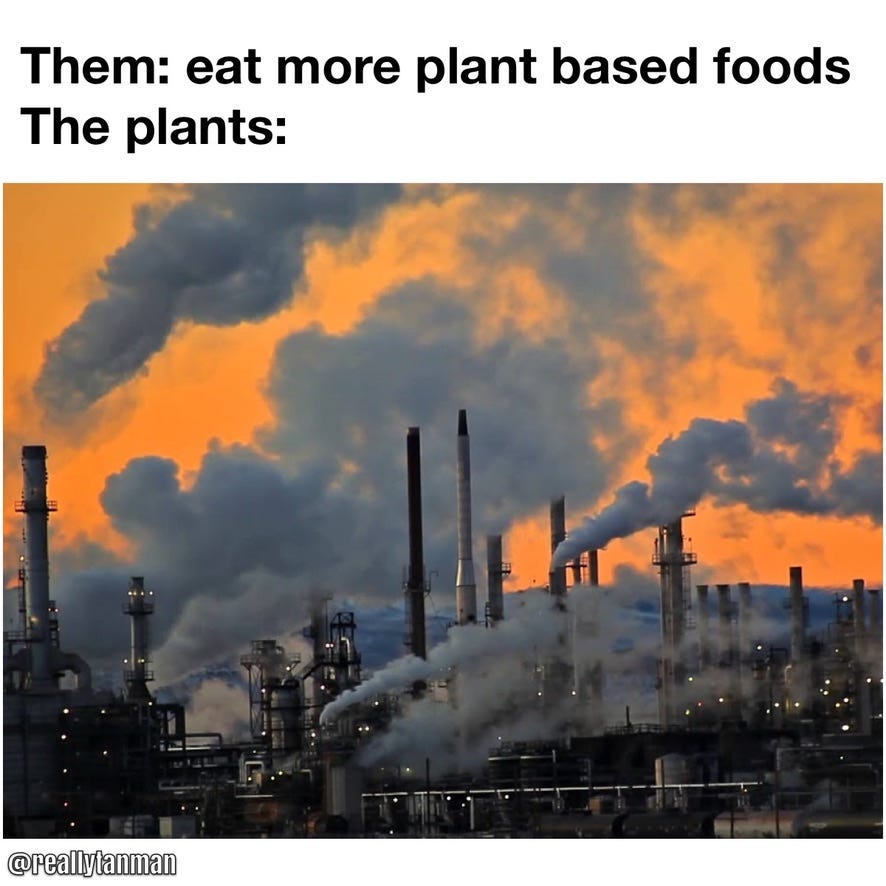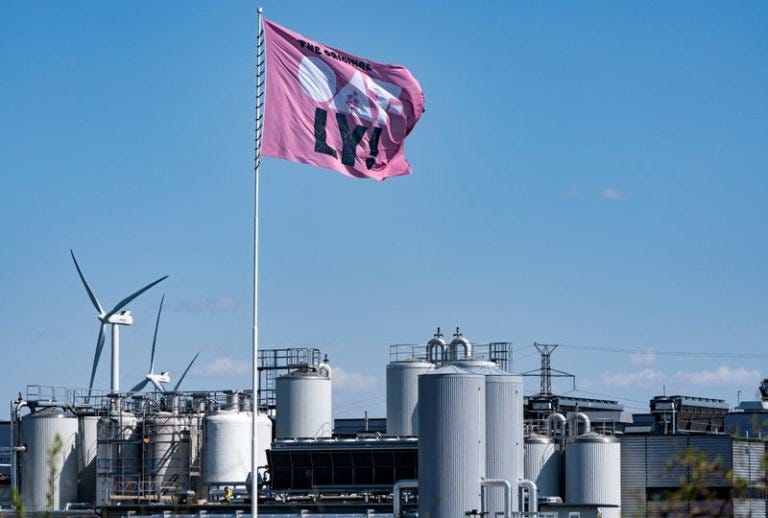Factory-based or simply processed?
Which packaged foods are safe to eat
It’s easy to argue that the healthiest food is cooked from scratch with fresh, whole ingredients— meat, veggies, fruit, etc.
Unfortunately, home-cooking every meal is not always possible, and packaged and processed foods are awfully convenient.
Are any packaged foods okay?
This post will help you figure that out.
What are factory based foods?
The term processed foods applies to any food that is created by modifying fresh, whole ingredients.
It includes obvious things like brand name snack foods, soda, and candy, and most things labeled “plant-based” (you did know the “plant” in plant-based refers to manufacturing plants, right?)
But cheese, prosciutto, fruit juice, and sourdough bread are still processed foods.
Certainly not everything that is processed is bad. The term factory-based foods is useful to convey this distinction.
A factory-based food is a one that necessarily was produced in a factory setting.
Necessary or Instrumental?
Take butter for example.
Kerrygold is one of the largest producers of grass fed butter, and this is their factory in Ireland:
Although Kerrygold is not the best butter in the world, it’s a quality product that people shouldn’t hesitate to eat.
Yes it does come from a factory. Milk comes in, cream is separated, churned, chilled, and packaged.
You could do that in your kitchen at a smaller scale, and people have been for thousands of years.
And that’s exactly the point. The factory was instrumental in producing the final product, but not nnecessary.
The factory increases operational efficiency, but it doesn’t create a substantively different product.
(Just to be clear, I’d love for the world’s butter supply to be produced locally on small farms. But all things considered, Kerrygold is good enough).
Now take the Oatly factory. What happens behind those closed doors?
(For the sake of argument, pretend that they produce all their inputs end to end.)
Rapeseeds arrive in large quantities, and are loaded into machines straight out of Isengard and which were only invented in the early 1900s. Intensive mechanical and chemical processing is applied, and you get canola oil.
Add in some oats, two shelves of a chemical cabinet, and some black magic, and voila, Oatly.
The important point is that all of these steps require a large-scale factory to work.
There is no artisinal method to produce Oatly. No grandma’s recipe. The canola oil alone requires massive industrial scale to be possible and profitable, which is why it didn’t exist until after the industrial revolution.
The litmus test for factory-based foods is this:
If you could make it yourself given all the raw materials, then you’re good.
If not, then it’s factory-based food— wise to avoid it.
Some examples
Organic apple juice (with no additives)? With enough apples and elbow grease, you could do it.
Kombucha? Yes people can and do make that all the time.
Frozen bread? Maybe, if the ingredients are simple enough then it’s something you could make.
Frozen veggies or berries? All you’d have to do is toss the produce from your garden in the freezer.
Canned whipped cream? Unless you can borrow nitrous oxide from your local dentist, you’ll have some trouble with that.
Anything with seed oils? Sorry, you don’t have one of these in your kichen:
You can see that although not everything in a package is “factory-based”, most packaged foods are (anything with seed oils is automatically a no-go).
tl;dr
To avoid factory-based foods, of which plant-based foods are typically a subset, look at the ingredients and determine if a factory was required to produce or combine them.
If it’s necessary, then you should avoid.
If it’s not, then it’s probably okay.






